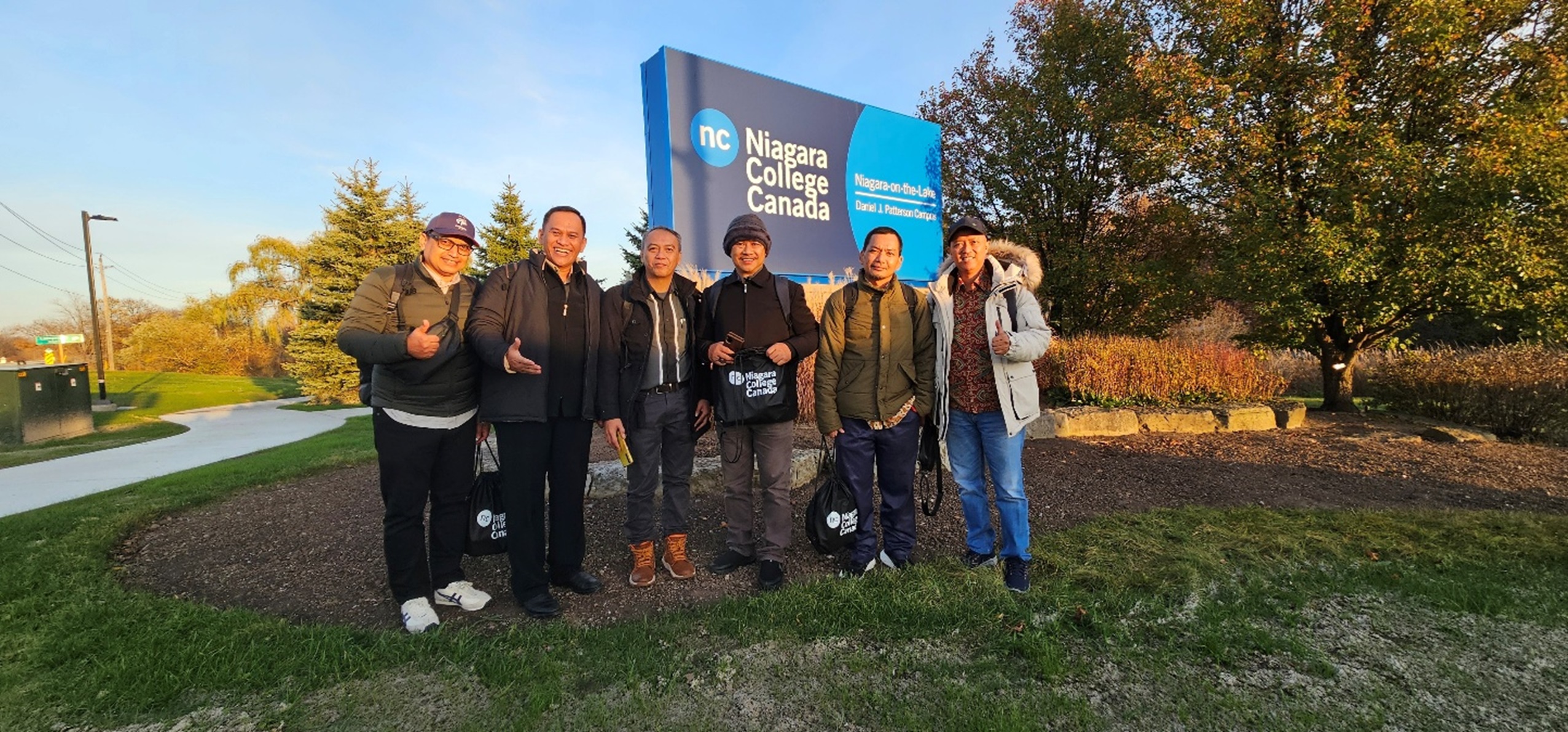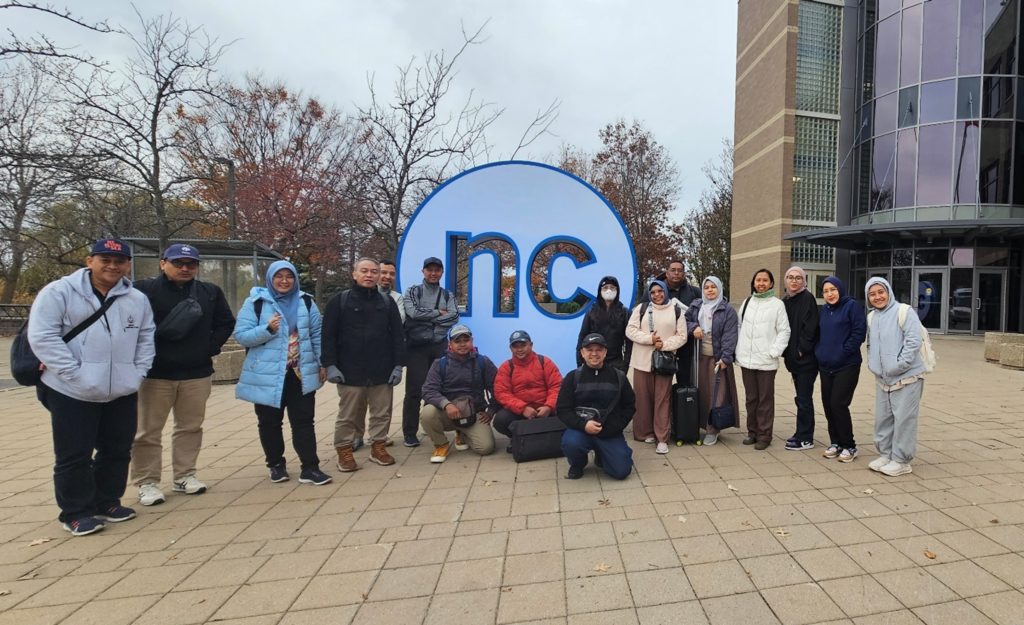

Vocational education plays a vital role in creating young people who are ready to face the world of work and make a significant contribution to community development. The transformation of vocational higher education is seen as the key to achieving the vision of the Golden Indonesia 2045, a grand ideal that prioritizes Indonesia as a developed country with superior human resources.
To support the strategic role of vocational education, the Ministry of Education, Culture, Research and Technology (Kemendikbudristek) has issued Permendikbudristek No. 53 of 2023 on Quality Assurance, which is aligned with the Independent Campus policy. This policy provides freedom for universities to design learning processes that are relevant to industry needs and the latest technological developments.
One of the main indicators of the success of this policy is the achievement of 8 Key Performance Indicators (KPIs), which are regulated in the Decree of the Minister of Education and Culture No. 210/M/2023. Through strategic programs initiated by the Directorate General of Vocational Education, vocational colleges are encouraged to continue to innovate and improve the quality of their education. One of the flagship programs organized is the Non-Degree Program for Lecturer Competency Improvement, which aims to strengthen the capacity of lecturers in facing industry challenges and creating more relevant and innovative learning.
Politeknik Negeri Jember (Polije) participated in supporting this program by sending one of its lecturers, Nugroho Setyo Wibowo, S.T., M.T., to attend the Leadership in Technical and Vocational Education and Training (TVET) Training Program at Niagara College, On The Lake, Toronto, Canada. The training lasted for 14 days, starting on November 15 to December 2, 2024.
The training program is designed to develop the managerial and leadership capacity of vocational education lecturers, with a focus on improving the quality of teaching and learning in accordance with international standards. One of the main objectives of this training is to strengthen the relationship between vocational education and the world of industry and the evolving needs of the workforce.
“We get several things that become the main focus of this training such as transformational leadership in organizational development, community and employer relations, academic programming and applied learning, as well as technology and innovation in the classroom,” Nugroho explained.
The program also involves 40 hours of classroom training enriched by visits to Learning Enterprises, Applied Research & Innovation Centres, and industrial sites in the Niagara College area.
“Through this training program, we hope to continue to develop ourselves through the Tridarma of Higher Education, namely teaching, research, and community service, and strengthen the ability to adapt to changes in the world of work. In addition, I personally hope to improve the quality of lecturers, so that vocational education can produce graduates who are competitive, both at the national and global levels,” he added.
continued Nugroho Setyo Wibowo, S.T., M.T., “Vocational education is a type of education that is close to the world of work and society. Vocational higher education graduates are required to be able to contribute well. So the transformation of vocational higher education is a bridge to the Golden Indonesia 2045.”
With the participation of Polije lecturers in this international program, Jember State Polytechnic further strengthens its commitment to produce quality graduates who are ready to compete at the global level. This step is in line with Polije’s mission to support the transformation of vocational education that focuses on specific advantages, in accordance with industry needs and the times.
Through these efforts, Politeknik Negeri Jember plays an active role in realizing the Golden Indonesia 2045 through quality vocational education that is relevant to future needs. (rda)